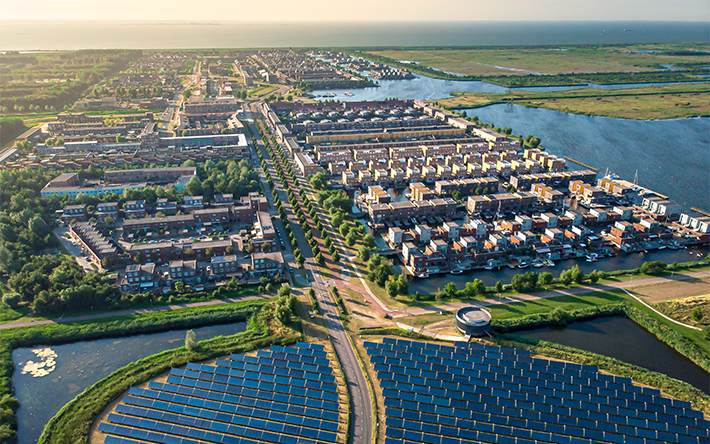
Promouvoir la cohésion sociale et la convergence
La promotion de la cohésion sociale et de la convergence constitue l’une des six principales activités du programme de travail d’Eurofound pour la période 2021-2024. Eurofound continuera à agir en tant que centre d’expertise pour le suivi et l’analyse des principaux facteurs et tendances de la réalisation d’une convergence ascendante des conditions de vie et de travail ainsi que du renforcement de la cohésion économique et sociale dans l’Union européenne. La pandémie de COVID-19 représente un défi sans précédent pour la résilience économique et sociale de l’UE, soulignant la fragilité de tout progrès dans les modèles de convergence déjà réalisés.
Au cours des quatre prochaines années, Eurofound fournira des informations importantes sur les défis et les perspectives dans le domaine de la cohésion sociale et de la convergence dans l’UE, en contribuant à garantir la résilience de ses économies et ses sociétés aux chocs futurs. Eurofound développera ses travaux des années précédentes sur le thème de la convergence ascendante, en mettant particulièrement l’accent sur l’accroissement potentiel de nouvelles inégalités entre les citoyens et sur la manière de relever les défis accrus en termes de cohésion sociale engendrés par la crise. L’Agence fera régulièrement rapport sur les tendances en matière de convergence ascendante dans la dimension socio-économique, ainsi que dans les volets énoncés dans le socle européen des droits sociaux au niveau des États membres et des régions, tout en comparant également l’UE avec d’autres pays industrialisés.
En explorant les moteurs et les implications de la convergence économique et sociale, Eurofound prêtera attention à une série de facteurs, tels que l’investissement social, les cadres de mobilité et institutionnels, la réglementation, les systèmes de protection sociale, la qualité institutionnelle et les services publics , le dialogue social et les réformes structurelles. Les recherches étudieront l’efficacité de la réponse de l’UE à la pandémie en ce qui concerne la convergence économique et sociale. Elles examineront également la situation dans la zone euro, tout en se concentrant sur l’influence exercée par les processus de relations industrielles sur la convergence.
Eurofound étudiera les tendances et les moteurs de la cohésion sociale dans l’Union européenne, en examinant notamment comment la pandémie de COVID-19 a accentué les inégalités existantes ou en a déclenché de nouvelles qui touchent la société en général ou des groupes spécifiques de citoyens. L’analyse portera sur les disparités économiques, sociales et en matière de santé, tant sur le marché du travail qu’en ce qui concerne l’accès à et la qualité des biens et services essentiels tels que les soins de santé, le logement, l’éducation et la protection sociale . Le lien entre les inégalités, la confiance institutionnelle et le mécontentement sera étudié. Parmi les autres domaines d’intérêt figurent la migration , l’intégration et les tensions sociétales.Les résultats de recherche issus de cette activité contribueront aux travaux des différents services de la Commission européenne et du Comité de l’emploi (COEM), du Comité de la protection sociale (CPS), du Comité économique et financier (CEF), du Conseil et du Parlement européen, y compris en ce qui concerne le Semestre européen.

























